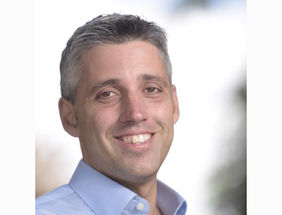Extreme low temperatures are detrimental, but a moderate decrease in body temperature can have beneficial effects on the organism. In fact, lowering body temperature extends longevity in both poikilotherm (for example Caenorhabditis elegans, Drosophila melanogaster, and distinct fish species) and homeotherm species such as rodents. For instance, C. elegans lives for a shorter period of time when shifted from the standard temperature (20 °C) to warmer temperatures, whereas exposure to low temperature (15 °C) induces a remarkable lifespan extension.
David Vilchez will talk about the effects of moderate cold temperature in reproductive aging. Moreover, he will discuss his lab’s recent findings on how cold temperature influences proteostasis and its effects on disease-related protein aggregation in worm and human cell models.
David Vilchez is a Professor at the Faculty of Medicine, University of Cologne, and part of the CECAD Excellence Cluster which brings together basic researchers and clinicians to study molecular and cellular mechanisms underlying lifespan regulation and aging. David Vilchez group studies protein homeostasis regulation in stem cells. Using C. elegans as a model organism, their goal is to determine whether interventions to the underlying mechanisms may slow down aging and protect from symptoms associated with age-related pathologies. Before joining the University of Cologne, he was a Postdoc at the University of California, Berkeley, USA, and the Salk Institute for Biological Research, USA.
Title of the talk: Cold temperature delays aging and proteostasis collapse
When: Thursday, June 15, 2023, 4 p.m.
Where: Seminar room „Nucleus“, main building (FLI 1), Beutenbergstraße 11, Jena
Host: Dario Valenzano (Group Leader: Evolutionary Biology / Microbiome-Host Interactions in Aging)
The seminar will take place as a hybrid event. Online access information will be shared prior to the seminar. For external guests: Please email Ivonne.Roeppnack-Jahnke@~@leibniz-fli.de for details.









